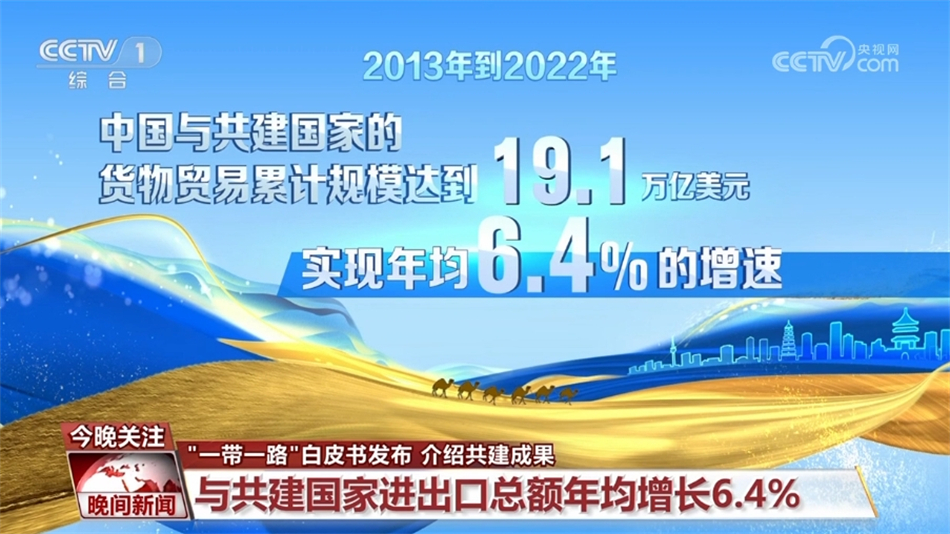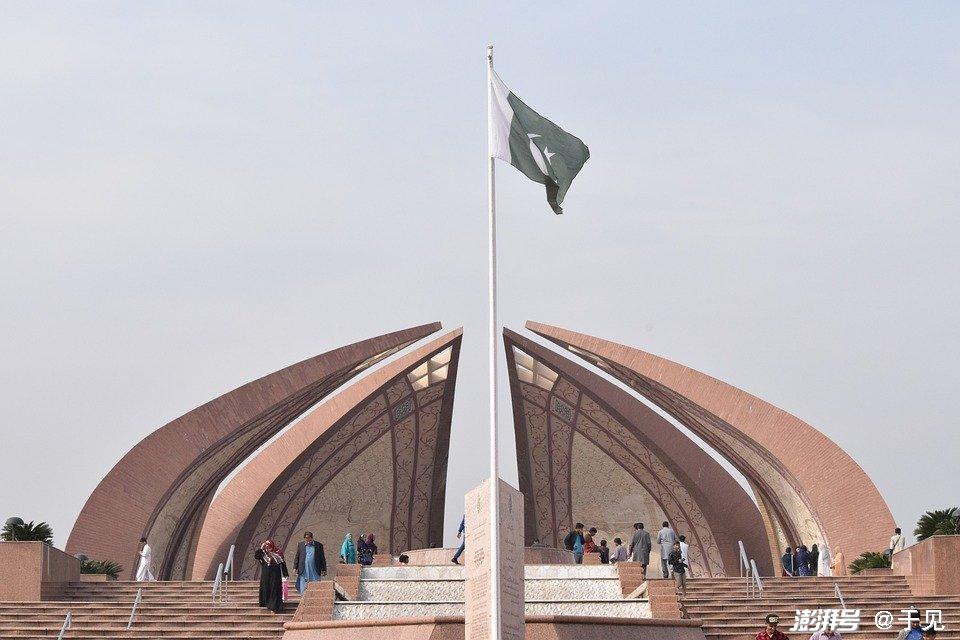Tianjin SCO Summit Has Achieved Fruitful Results, China-India Relations Have Made Progress, But The Gap Remains
Tianjin SCO Summit Has Achieved Fruitful Results, China-India Relations Have Made Progress, But The Gap Remains
For example, the leaders of member states signed and issued the Tianjin Declaration of the Council of Heads of State of the Shanghai Cooperation Organization to approve the SCO Development Strategy for the Next 10 years.
It should be said that India's SCO summit in Tianjin will make progress this time, but it still has a gap with China.

The Shanghai Cooperation Organization Tianjin Summit has now ended successfully, and it can be said that it has achieved fruitful results. For example, the leaders of member states signed and issued the Tianjin Declaration of the Council of Heads of State of the Shanghai Cooperation Organization, approved the "SCO Development Strategy for the Next 10 Years (2026-2035)", issued the "SCO Member State Council of Heads of State on the Victory of World War II and the 80th Anniversary of the Founding of the United Nations", the "SCO Member State Council of Heads of State on Supporting the Multilateral Trade System", and strengthened 24 achievement documents such as security, economic, cultural cooperation and organization construction, etc.
However, everyone has also noticed that the "Belt and Road" initiative, as one of the important agendas of the conference, was not reflected in the results of the conference, and the main reason here is that India does not approve of the "Belt and Road" initiative. It is reported that at this meeting of the heads of government of member states, nine of the 10 countries supported the "Belt and Road Initiative", but only India refused.
Indian Foreign Minister Su Jiesheng gave such a reason, saying that the cooperation should be based on "real partnership" rather than "unilateral" issues, so he does not support it. India's opposition to the "Belt and Road" initiative has actually been a long history. The direct reason is that India believes that the China-Pakistan Economic Corridor, as an important construction project of the "Belt and Road", has traveled through the Kashmir region. Although this economic corridor crosses the Pakistan-controlled Kashmir region rather than the Indian-controlled part, India insists that it has all the sovereignty of the region. In fact, India opposes two aspects: one is that China's influence develops into this region, and the other is that Pakistan benefits from it. The issue of sovereignty in Kashmir is actually just a small part of it.

There is another important strategic factor in India's opposition to the "Belt and Road" initiative. The United States launched a "Eurasian Continental Bridge Plan" during the Biden administration last year, and the starting point was to be placed in India. This plan is largely the "Belt and Road" initiative to pull India against China. India should stand on the side of the United States and engage in strategic confrontation with China. Although this is a "Marshall Plan", because the so-called "Continental Bridge Plan" still has no horoscope and no penny is invested, India still has fantasies in its strategy.

In fact, Modi came to Tianjin this time and his attitude towards China has improved a little compared to the past. According to reports from Xinhuanet, Indian Express and other media, the China-India summit lasted about 55 minutes during the Tianjin summit, about 15 minutes longer than the original time.
During the meeting, Modi also clearly emphasized that China and India are partners rather than opponents, and consensus is far greater than differences. India is willing to view and develop bilateral relations from a long-term perspective. Faced with the high uncertainty of the world economy, it is very important for China and India to strengthen cooperation as important global economies. India also invited Chinese leaders to attend the BRICS summit next year in front of the Chinese leaders. At the end of the visit to China, Modi posted a message on social media X to thank China, expressing his fruitful visit to China.

It is impossible for India to embrace China in full, and it will always regard China as its main competitor. For him, to become a "sensible" major country by the 100th anniversary of his independence in 2047, China must overcome a hurdle, so he will find various reasons to keep a distance from China. Therefore, if the relationship with India can seek common ground while reserving differences, reduce differences and resolve conflicts in a timely manner, it will be a good state.





